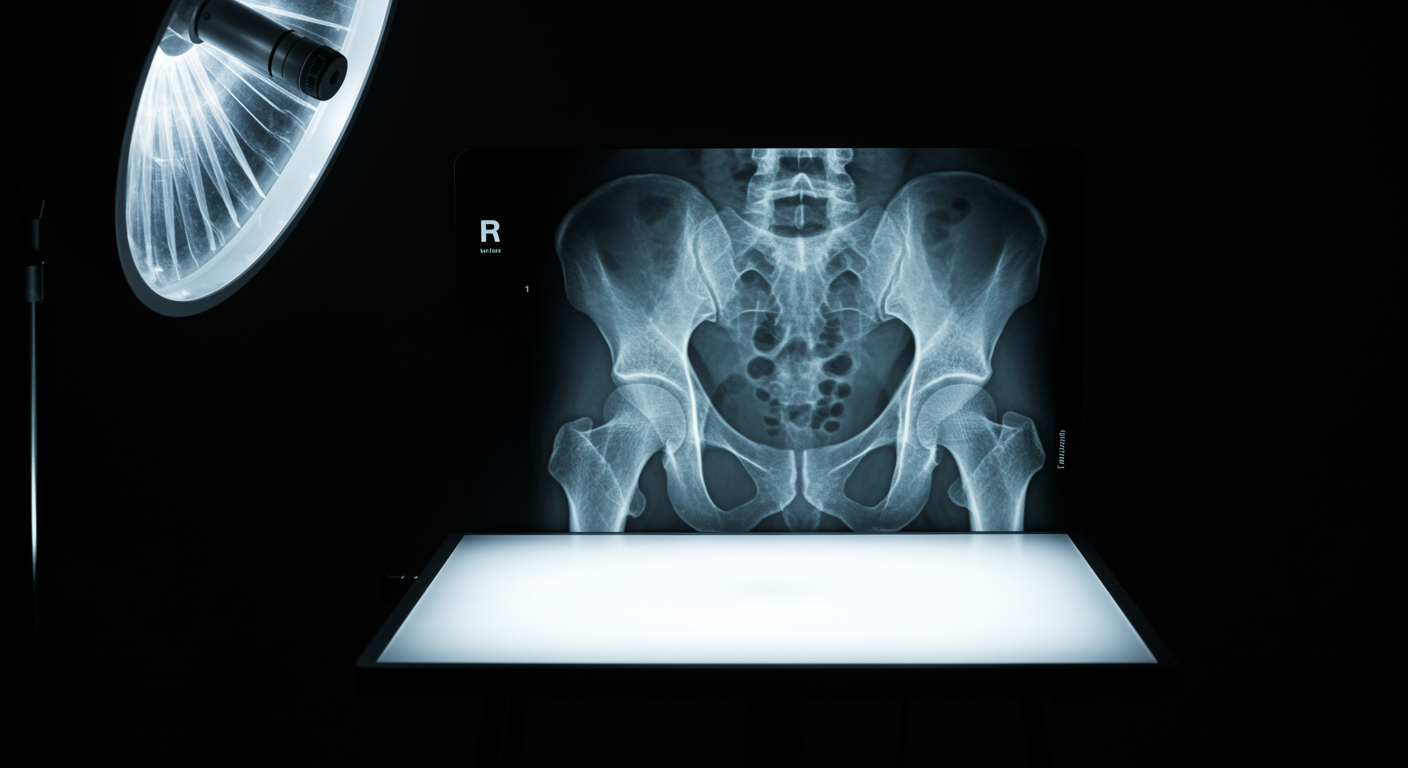Does Stopping Hormone Therapy Increase Fracture Risk?
Yes, significantly. This large prospective study found that women who stopped hormone therapy had a 55% increased risk of hip fracture within 3-5 years compared to those who continued treatment. The protective bone effects of hormone therapy are lost relatively quickly after discontinuation, making transition planning crucial for women who need to stop treatment.
Dr. Kumar’s Take
This study highlights one of the most important but overlooked aspects of hormone therapy: what happens when you stop. Many women are told to discontinue hormone therapy at arbitrary ages without consideration of the consequences for bone health. The rapid loss of bone protection after stopping hormone therapy means we need better strategies for managing this transition, including bone density monitoring and alternative treatments.
What the Research Shows
The study followed over 93,000 postmenopausal women in a large health management organization, tracking hip fracture rates among current users, past users, and never-users of hormone therapy. Women who stopped hormone therapy had hip fracture rates of 2.3 per 1,000 person-years compared to 1.5 per 1,000 for continuing users. The increased risk became apparent within 3 years of discontinuation and persisted for at least 5 years, suggesting that the bone protective effects are lost relatively quickly.
How This Works (Biological Rationale)
Hormone therapy protects bones by reducing bone resorption and maintaining bone density. When estrogen levels drop after discontinuation, bone turnover increases rapidly, leading to accelerated bone loss. Studies show that women can lose 2-5% of bone density per year in the first few years after stopping hormone therapy, similar to the rapid bone loss that occurs immediately after menopause. This accelerated bone loss translates into increased fracture risk within a relatively short time frame.
Practical Takeaways
- Understand that stopping hormone therapy leads to rapid loss of bone protection and increased fracture risk
- Plan for bone health monitoring and protection strategies before discontinuing hormone therapy
- Consider bone density testing within 1-2 years of stopping hormone therapy to assess fracture risk
- Discuss alternative bone protection treatments (bisphosphonates, denosumab) if you need to stop hormone therapy
- Don’t stop hormone therapy abruptly without a plan for maintaining bone health
- Recognize that the decision to stop hormone therapy should consider individual fracture risk, not just arbitrary age limits
What This Means for Perimenopause and Menopause Care
This research emphasizes that hormone therapy decisions should be individualized and that stopping treatment requires as much planning as starting it. The rapid loss of bone protection after discontinuation challenges the practice of automatically stopping hormone therapy at certain ages without considering individual risk factors. It supports the need for comprehensive bone health strategies throughout the menopausal transition and beyond.
Related Studies and Research
- The Mortality Toll of Estrogen Avoidance
- Effects of menopause on temperature regulation
- The Effects of Menopause Hormone Therapy on Lipid Profile in Postmenopausal Women
- Sleep disturbance associated with the menopause
- Episode 27: Perimenopause, Menopause, and HRT - What Every Woman Should Know
FAQs
How quickly do I lose bone protection after stopping hormone therapy?
Bone loss accelerates within months of stopping hormone therapy, with fracture risk becoming apparent within 3-5 years. The protective effects are lost much more quickly than they were gained.
Should I have a bone density test before stopping hormone therapy?
Yes, baseline bone density testing can help assess your fracture risk and guide decisions about alternative bone protection strategies if you need to stop hormone therapy.
Are there alternatives to hormone therapy for bone protection?
Yes, options include bisphosphonates, denosumab, and lifestyle measures like weight-bearing exercise and adequate calcium and vitamin D intake. These should be discussed before stopping hormone therapy.
Bottom Line
Stopping hormone therapy leads to rapid loss of bone protection and significantly increased hip fracture risk within 3-5 years. Women discontinuing hormone therapy need proactive bone health monitoring and alternative protection strategies to prevent fractures.


